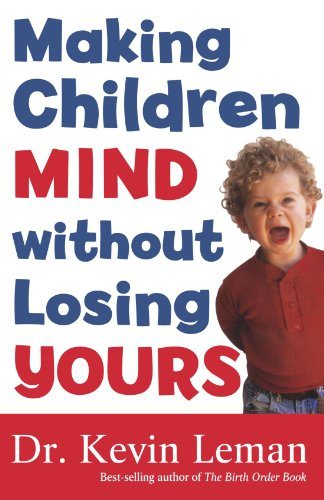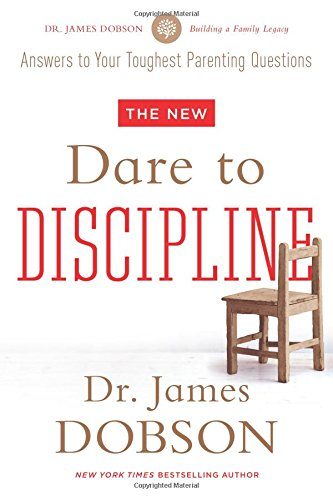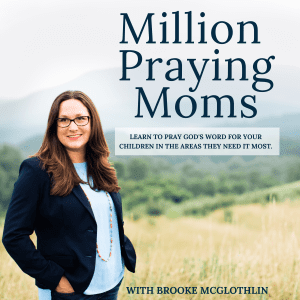I was not a seasoned teacher or mom the day I passed the trash can and caught the odor. A little digging revealed the source. One of my first graders had wrapped a handful of poop in a piece of handwriting paper. I don’t remember how I privately discovered the identity of the offender, but it wasn’t long before the tallest boy in class stood beside me at the corner by my desk. Examination of his fingernails confirmed his deed. Though he stood almost to my collar bone and could lift a desk without flinching, his toddler-type cheeks and watery eyes gave away the fact his heart was barely ready for school rigors. His embarrassed answers to my inquiring whispers were barely audible. He studied the tile from a shroud of shame. He clearly felt the consequences of his childish act of hiding poop in the classroom trash. For such a stunt, I thought it was partly my duty to be sure the consequences connected with his character and created a lasting impression. A phone call to his mom secured her agreement with my idea; his family applauded harsh discipline. I didn’t stop to consider how he would be received at home. If we aren’t careful, creative consequences can crush the spirit of the child we correct.

While rejecting traditional punishments like walking laps, sitting in corners, or writing sentences, many well-meaning adults may walk into the danger zone of destroying a child’s dignity. Frustration, and even anger, may cloud our creativity and leave a childhood wound. Convinced that keeping our plan private provided for his purposeful penance, I took the trash can and the student into the hallway, handed him a paper towel, watched him dig out the deposit, and directed him to the restroom to put it where such things are meant to go. His lip quivered as he bent over to reclaim his mess, and I stood firm, a witness to his wound.
The janitor met us in the hallway, agreeing to receive the repentant student during recess; they would clean the bathroom together and pass on an appreciation for dirty work in a right way and right place. I noticed gentleness in the custodian towards my student, and he answered the boy’s whispers with quiet words of his own. The wise man understood something I did not. The best consequences massage mercy into the heart of a boy.
Creative? Yes. Crushing? Yes.
CONSEQUENCES FOR DEVELOPMENT
Consequences must be given with the individual child’s heart in mind. Must effective correction include making a child undo the wrong committed? Sometimes. Are we shaping character with carefully crafted exercises to massage the memory of the consequences into their memory? Probably. And where do mercy and grace meet correction and repentance? These are big questions we face when teaching little people. In the moments after my student’s consequences, when I tried to dig deep and retrieve my own dirty deposits, the Lord pointed out two failures of my own.
-
I failed to ask: Why did he do what he did? His foolishness pointed to a need. Something motivated the child in my care to do something so childish. I needed to understand him.
-
I failed to see: How will my short-term decisions impact his long-term development? He was becoming a man, and I was leaving a mark on his heart. As a caring adult, I needed to see the bigger picture of his life. If that means waiting and praying before acting, so be it. Discipline in a little life is too big to act hastily. Short-term decisions impact long-term development.
CONSEQUENCES FOR DIGNITY
My heart was in the right place, but my actions were not. What qualifies as creative, effective, appropriate discipline for one child and one incident may not qualify as such for another. I tried to use creative consequences to touch his heart, to build his character, and to imprint his lesson. At the end of the day, when the bathroom was clean and the classroom smelled fresh, I had injured my student’s dignity.
If I could do it over, I would stop to ask my Creator to help me know the difference between creative correction and crushing consequences. I’m grateful God meets my messes with His mercy, and He stands by watching as I fail, learn and slowly mature into Him. Again…the best consequences massage mercy into the heart of a boy.
“For judgment is without mercy to one who has shown no mercy. Mercy triumphs over judgment.” James 2:13
Three questions to ask yourself in crafting creative consequences
1. Why did he do what he did?
2. Will this be creative or crushing?
3. How will my short-term decisions impact his long-term development?
FURTHER RESOURCEs
Effective Child Discipline Series from Focus on the Family:
Five Characteristics of Biblical Discipline by Chip Ingram







